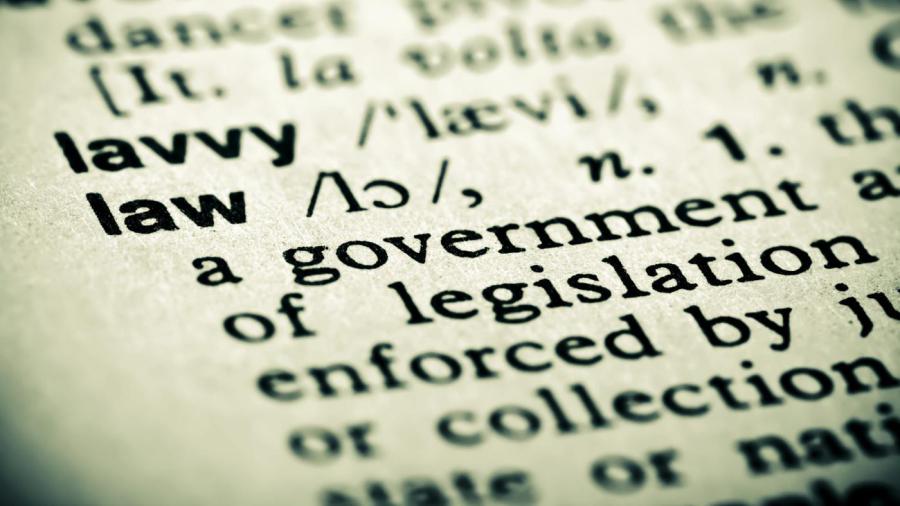What Is the Purpose of Legislation?

The purpose of legislation is to provide a governing framework. According to Cornell University’s Legal Information Institute, legislation includes both the process of statutory formulation and the resulting statute itself. Legislation guides the policy of government and ensures a code of conduct between citizens as well as between the government and citizens. In the United States, the legislative process occurs on both a federal and state level.
Citizens choose legislators through a popular election, and those legislatures then formulate the bills that society deems fit. The needs of a society change over time, and legislation changes along with it. There are many instances in which legislatures repeal outdated laws. In fact, many legislative bodies have committees that concentrate on the task of repealing these laws. New legislation concentrates on ever-changing issues, such as tax policy. Legislation also provides regulations for federal agencies and corporations. Judges and other government officials use this legislation to determine proper courses of actions, guilt or innocence in a trial, and penalty regulations.
Though legislators introduce bills, interest groups also use the legislative process to advance a policy agenda. Citizens and interest groups lobby members of legislative bodies with specific proposals as a way to use the legislative process to take an active part in democracy.





